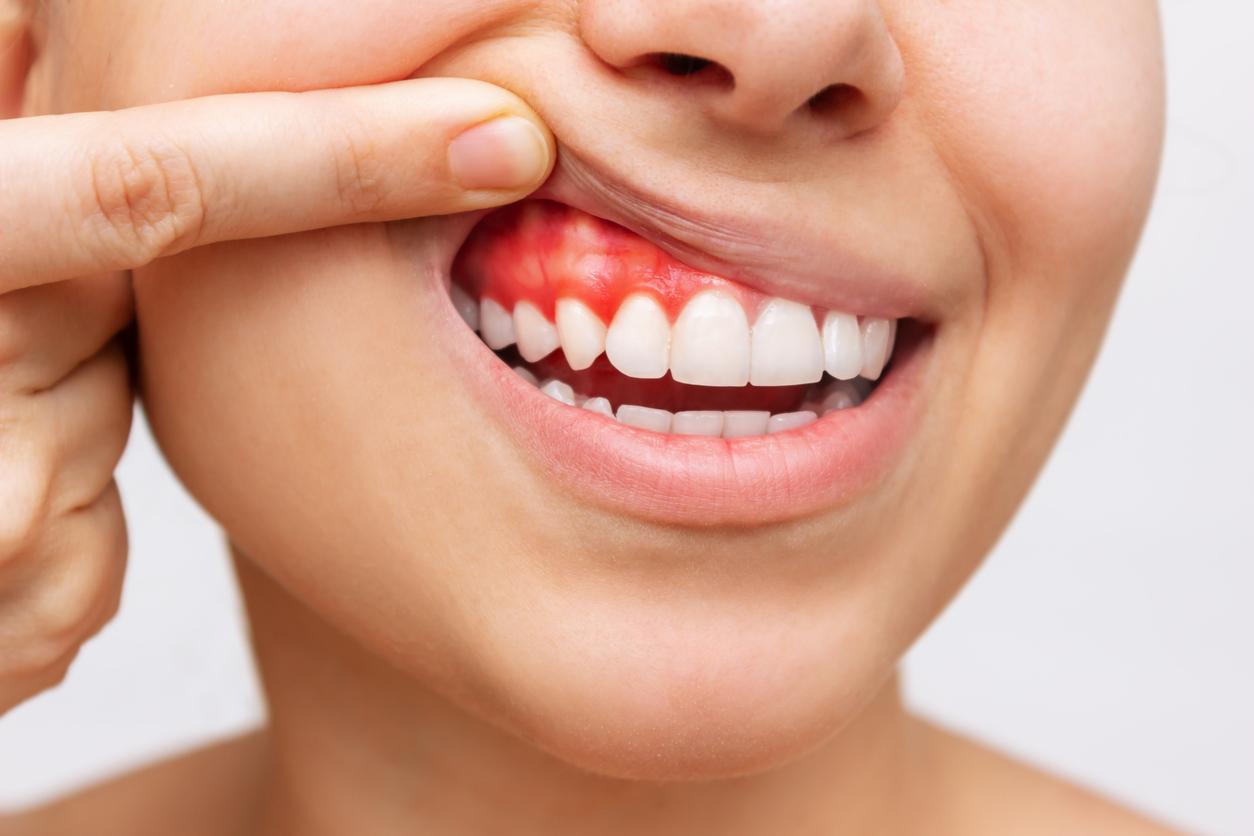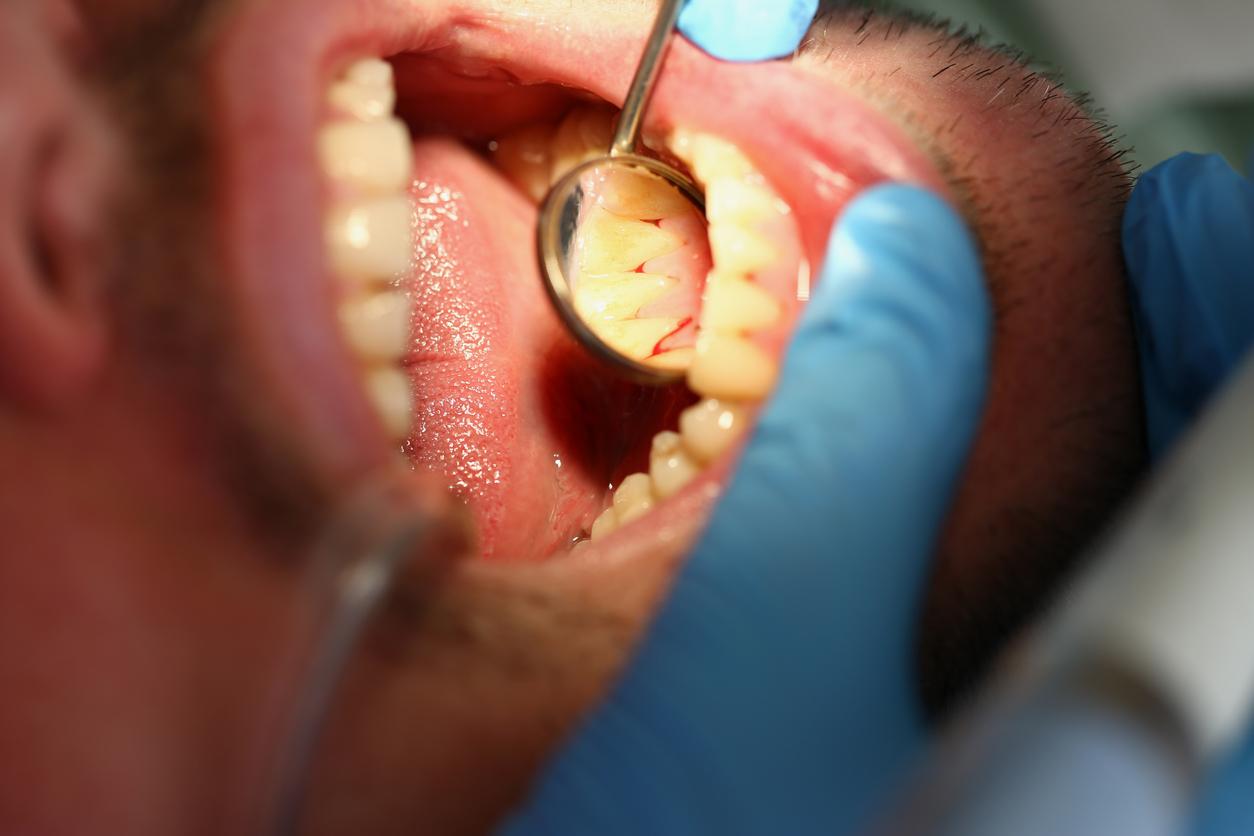While bleeding gums are often a symptom of the onset of periodontal disease, it may also indicate a vitamin C deficiency.

- While frequent bleeding gums can be a sign of gingivitis, they can also indicate a lack of vitamin C.
- The study, which involved nearly 9,500 subjects, shows that vitamin C supplementation was effective in stopping bleeding.
- Be careful, however, frequent bleeding can also be a sign of a general disorder of the microvascular system, which can lead to a stroke.
Do your gums bleed regularly after brushing or flossing? You may have gingivitis, which is the early stage of periodontal disease.
If a visit to the dentist is necessary, it is also possible that the bleeding is due… to a vitamin C deficiency! This is highlighted by researchers from the University of Washington (United States) in a study published in Nutrition Reviews. “When you see your gums bleeding, the first thing you should think about is not brushing your teeth more. Instead, you should try to figure out why your gums are bleeding. And vitamin C deficiency is one of the possible reasons.”says Philippe Hujoel, a practicing dentist and professor of oral health sciences at the University of Washington School of Dentistry.
Bleeding supplementation
To establish whether or not gum bleeding was related to lack of vitamin C, the researchers analyzed published studies from 15 clinical trials in six countries, involving 1,140 mostly healthy participants. They also analyzed data from 8,210 US residents surveyed as part of the Centers for Disease Control and Prevention’s Health and Nutrition Survey.
The results showed that mild bleeding from the gums, as well as eye bleeding (or retinal hemorrhages), were associated with low levels of vitamin C in the blood. An increase in daily vitamin C intake in people with low plasma vitamin C levels helped stop bleeding.
“There was a time when bleeding gums were more generally thought of as a potential marker of a lack of vitamin C. But over time, this idea has been drowned out or marginalized by this excessive focus on treating the bleeding symptom with brushing or flossing, rather than treating the cause”says Professor Hujoel.
A risk of stroke
If a tendency to gingival bleeding and retinal hemorrhages can be stopped by taking vitamin C, it can also be a sign of a general disorder of the microvascular system, which causes weak bleeding in the brain, heart and kidneys and can cause in the most serious cases a stroke.
The study does not imply that successfully reversing an increased tendency for gum bleeding with vitamin C will or will not prevent strokes or other serious health problems, Prof. Hujoel acknowledges. However, the results suggest that vitamin C recommendations, designed primarily to protect against scurvy – a fatal disease caused by extremely low vitamin C levels – are too low, and that such low vitamin C intake may lead to a tendency to bleed, which should not be treated with dental floss.
What daily intake of vitamin C?
If the recommendations concerning the daily intake of vitamin C vary from one country to another, all agree to favor supplementation in the event of a deficiency. In
France, nutritionists recommend a daily intake of approximately 110 mg of vitamin C for an adult.
It is also advisable to regularly consume unprocessed foods high in vitamin C such as green cabbage, peppers, oranges or kiwis, but also offal and red meat.
.















